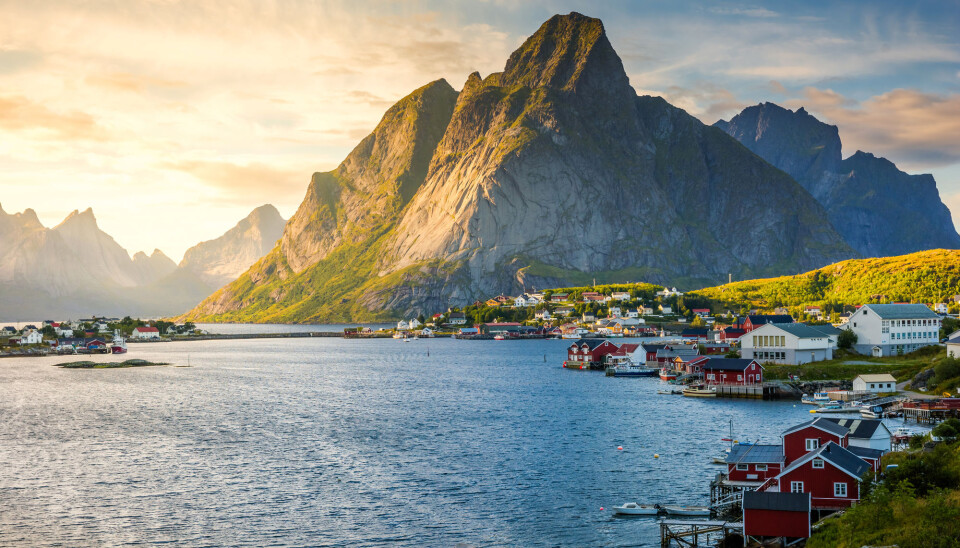Share your science:

The growth of Airbnb can support tourism development in remote tourist destinations
SHARE YOUR SCIENCE: New study sheds light on the effect of Airbnb in rural areas.
The sharing-economy platform Airbnb has grown into a big player in the global tourism industry and, without doubt, revolutionized the tourism industries. Both its positive and negative effects on cities all over the world have been widely discussed. More recently, Airbnb is becoming increasingly popular for hosts and tourists in less populated rural and remote tourist destinations.
An example is the Lofoten islands in Nordland, Norway where Airbnb’s presence creates environmental challenges due to overtourism in the short summer season, and now also in the winter season.
From focus on negative impact to constructive dialog
Particularly the negative impact of Airbnb, through environmental, economic and sustainability challenges for local economies, has received widespread attention in the literature. There is, however, surprisingly little knowledge about the potential benefits of Airbnb’s presence in smaller tourist markets. The key to explore such potential benefits is to investigate the relationship of Airbnb-based accommodation and traditional accommodation. The question is:
A) Whether Airbnb competes with traditional accommodation providers such as hotels, bed-and-breakfast pensions, and camping sites, in such smaller markets for the few travellers.
Or
B) Whether Airbnb offers complementary services to their users that attract different types of travellers and opens up a new market niche in the destination.
Evidence of “spillovers”
In a new article published in “Tourism Economics”, our team of Norwegian and U.S. researchers studies the relationship between Airbnb-based and traditional accommodation across primary and secondary tourist destinations in Norway. We find evidence of “spillover” effects in the tourism markets which go from Airbnb-based accommodation to traditional accommodation in less frequented destinations. These destinations are called secondary destinations in the article.
Based on this study, we can conclude that the growth of Airbnb can support tourism development in less frequented destinations with smaller tourism markets, and in these markets, Airbnb is rather a complementary offer to the existing accommodation providers.
It’s wise to recognise Airbnb’s presence and include it into regional development processes rather than focusing on restrictions.
- Read more: Tourism cannot sustain North Norway
Should exploit Airbnb
As a policy recommendation, we conclude that tourism destination organisations and regional planners should include and exploit Airbnb, because of the “spillover” effects on the local tourism market. They should do so both in terms of hosts represented in the region and travellers using Airbnb, as well as in tourism planning and development programmes.
Notwithstanding these results, we need to acknowledge that there are sustainability and environmental challenges associated with Airbnb’s growth in small tourism markets, as the recent example of the Lofoten islands in Norway shows. Therefore, it is also important to consider regulation of this mostly unregulated tourism player in such secondary destinations. For example, modelling of regulatory measures showed that mild taxation of this new market segment seems to be an adequate measure to prevent negative local market externalities, and simultaneously tap the potential of this emerging tourism player for the destination.
Share your science or have an opinion in the Researchers' zone
The ScienceNorway Researchers' zone consists of opinions, blogs and popular science pieces written by researchers and scientists from or based in Norway.
Want to contribute? Send us an email!




























